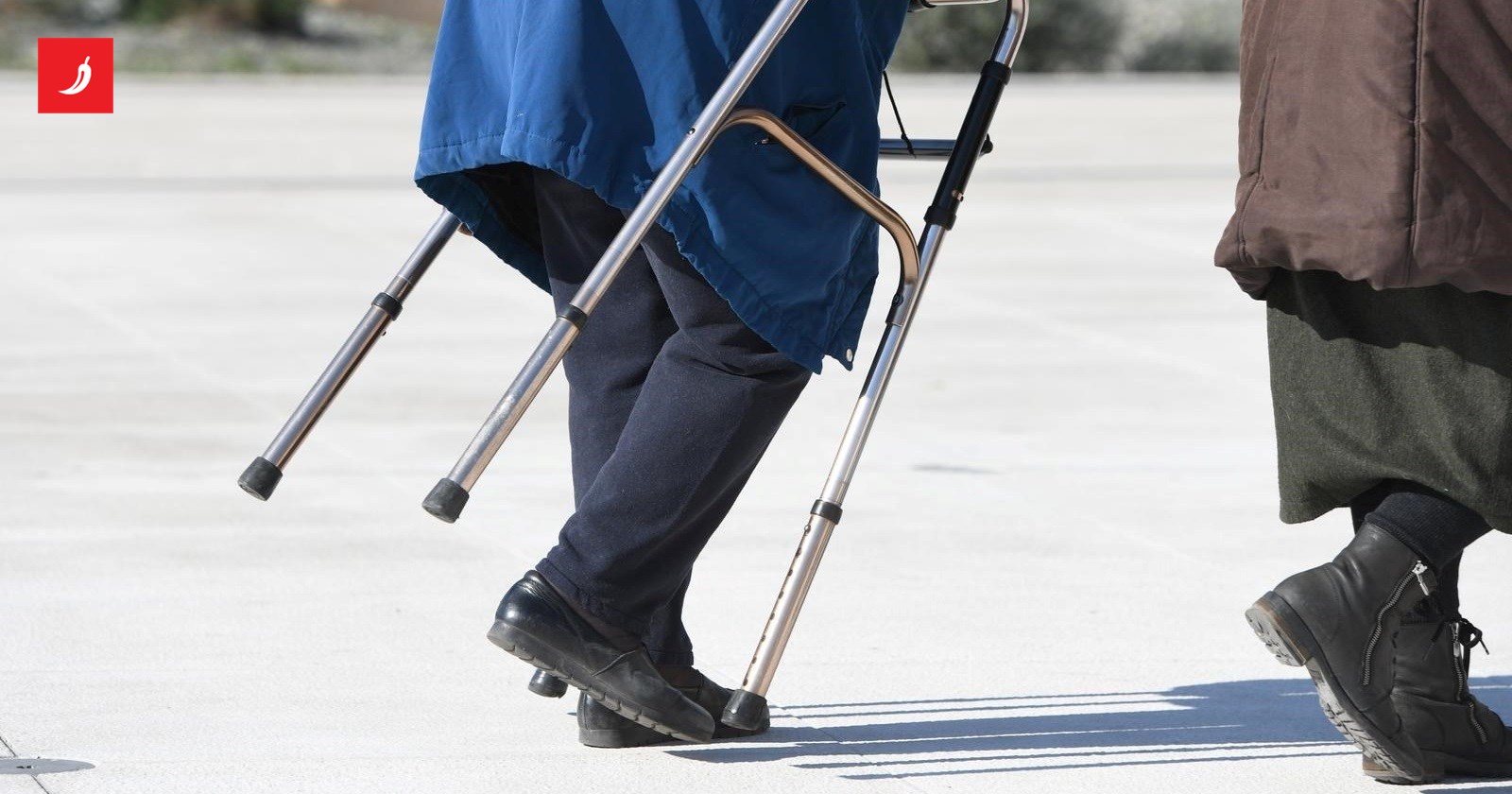The World Bank has published an analysis recommending a gradual increase in the retirement age in Croatia to 72 years as part of reforms to improve the long-term sustainability and adequacy of the pension system. The analysis highlights challenges such as short working periods, a low ratio of workers to retirees, and possibilities for early retirement. Recommended measures include stronger pension indexation, reducing early retirement periods, and introducing automatic lifecycle portfolios in the second pension pillar. Raising the retirement age is considered the most effective measure to improve the pension support ratio and fiscal sustainability of the system. The European Commission also supports a gradual increase in retirement age.
Political Perspectives:
Left: Left-leaning outlets tend to emphasize the social impact of raising the retirement age, highlighting concerns about the burden on older workers and the need for adequate social protections. They may stress the importance of balancing fiscal sustainability with social justice and ensuring that pension reforms do not disproportionately affect vulnerable populations.
Center: Center-leaning sources focus on the pragmatic aspects of pension reform, presenting the World Bank’s recommendations as necessary steps to ensure the long-term sustainability of the pension system. They highlight the data-driven nature of the analysis and the importance of gradual implementation to balance economic and social factors.
Right: Right-leaning media emphasize fiscal responsibility and the need to reduce the financial burden on the state by increasing the retirement age. They support reforms that encourage longer workforce participation and often advocate for reducing early retirement options and strengthening individual responsibility for retirement savings.

















